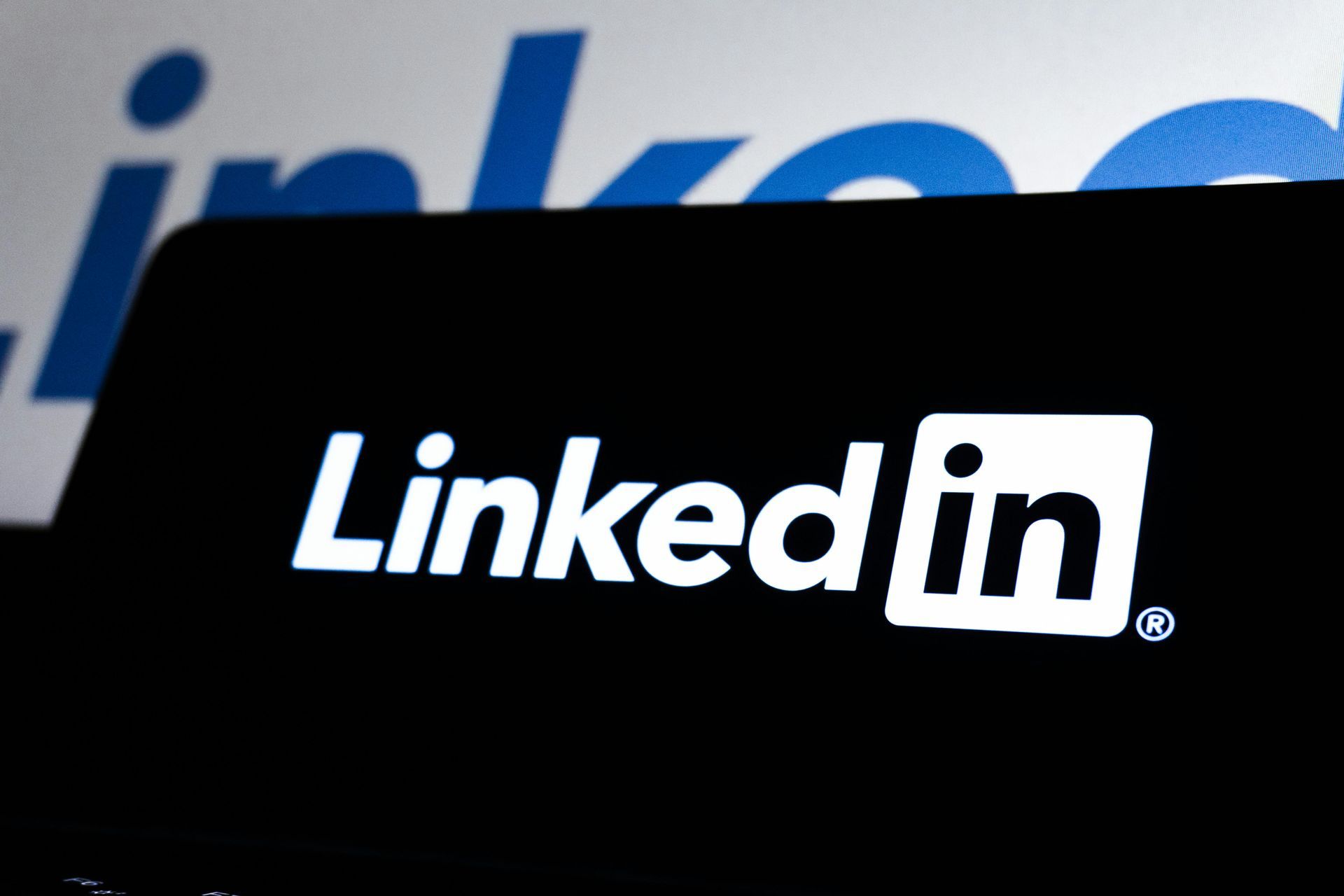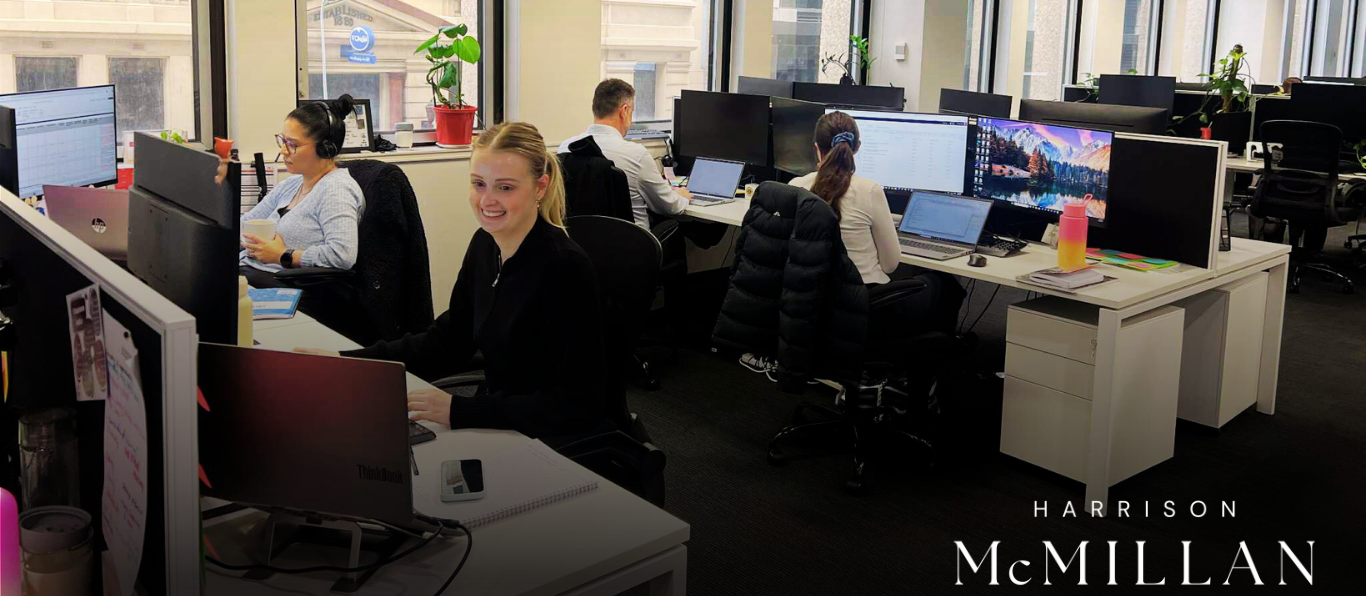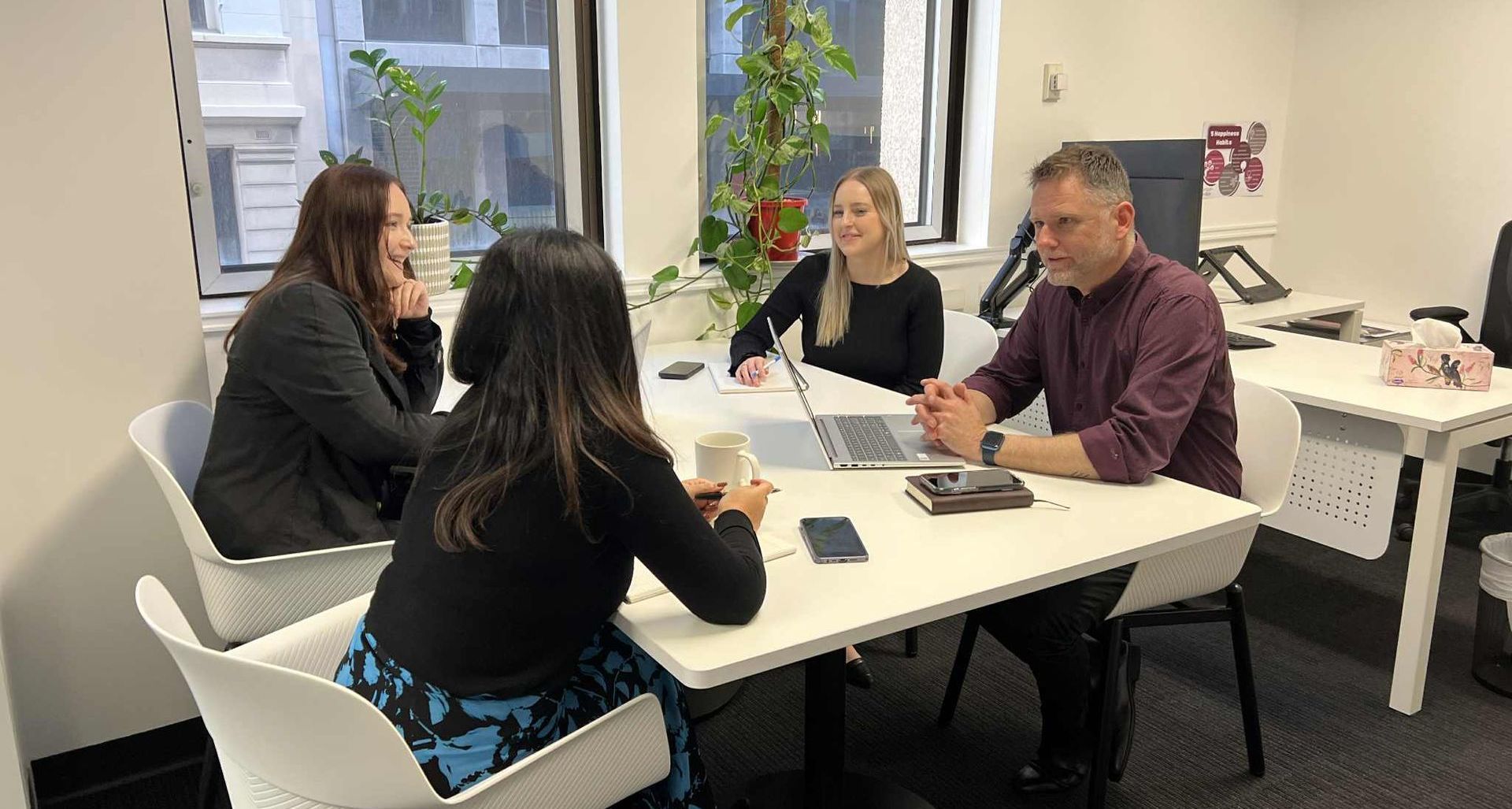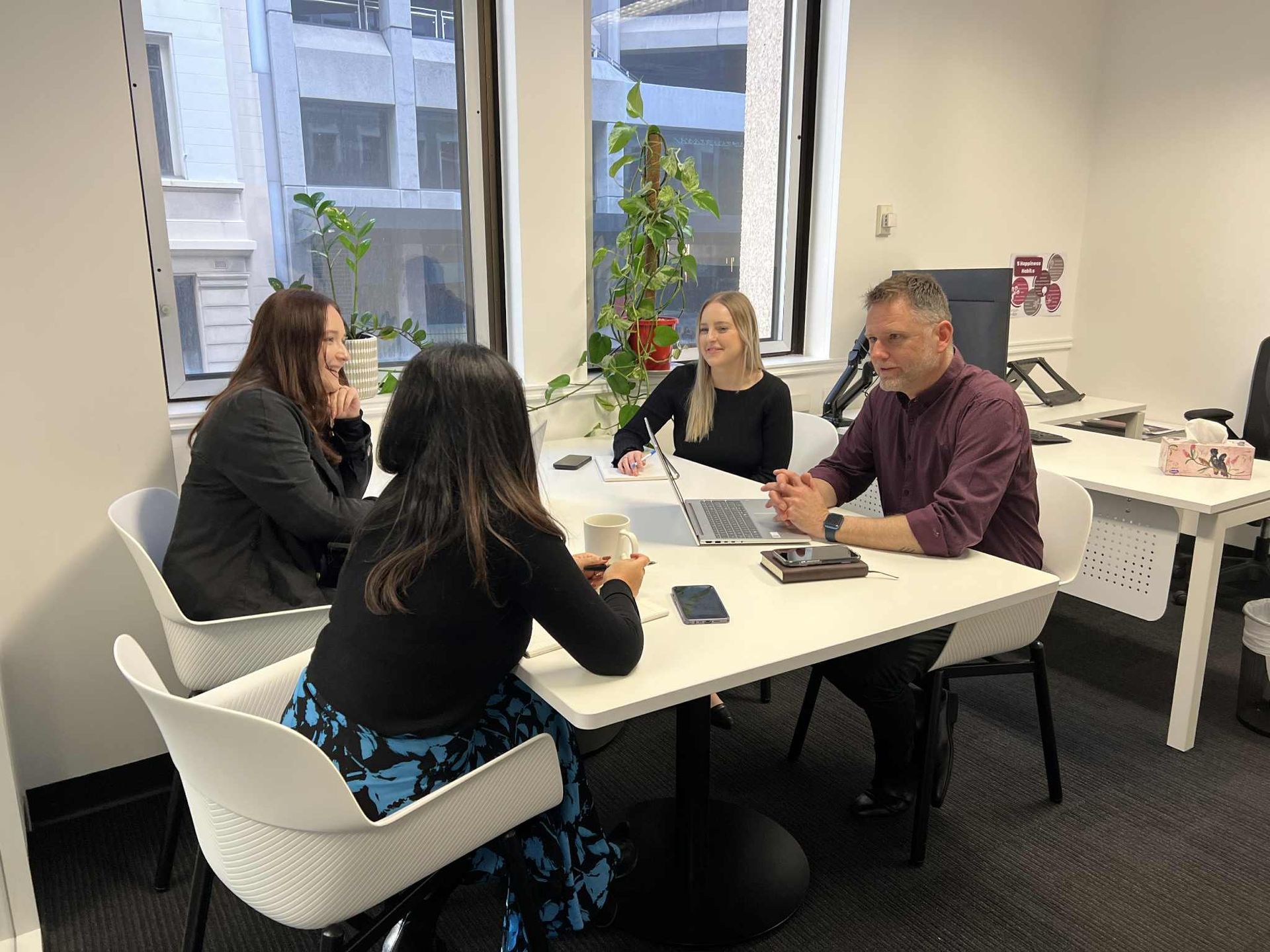The Future of Remote Work – Where Are We Headed?
If you took a quick poll around the office, chances are you’d hear the same thing: flexibility is no longer a bonus - it's an expectation.
If you took a quick poll around the office, chances are you’d hear the same thing: flexibility is no longer a bonus - it's an expectation.
Just ask Opposition Leader Peter Dutton, who recently abandoned the Coalition’s election pledge to mandate a full-time return to the office for public servants, saying he’s “listening to what people have to say.”
According to government surveys, 61% of public servants now work remotely – up from just 22% before the pandemic, and in the private sector around 36% of Australian workers still regularly work from home.
It’s obvious that remote work is surviving and evolving post Covid, and we think it’s time to shift the conversation from IS there a future to WHAT is the future of remote work.
At Harrison McMillan we spend our days deep in the world of talent, recruiting, supporting, and future-proofing businesses across Australia. We know that flexibility has become a major factor in attracting and retaining top talent, especially in today’s competitive skills market.
You might be surprised to learn that the latest Australian Workplace Index employment data shows no significant difference in productivity between employees who work from home and those in the office. Rather, there are numerous benefits for those working from home at least one day a week, such as:
Greater job autonomy (9.9%)
More productivity (16.8%)
Less burnout (10.6%)
Organisations should be focused on how to make it work better by reimagining workplace policies, investing in the right tech, and strengthening a culture built on trust and outcomes.
We believe remote work considerations should always start with people. The most successful remote or hybrid teams we see are the ones where leadership leans into transparency, where there’s clarity around expectations, and where people feel genuinely supported to do their best work.
If you’re navigating this space and wondering what’s next for your team, we’re always up for a chat. At Harrison McMillan we’re here to help you not just keep up but get ahead.












